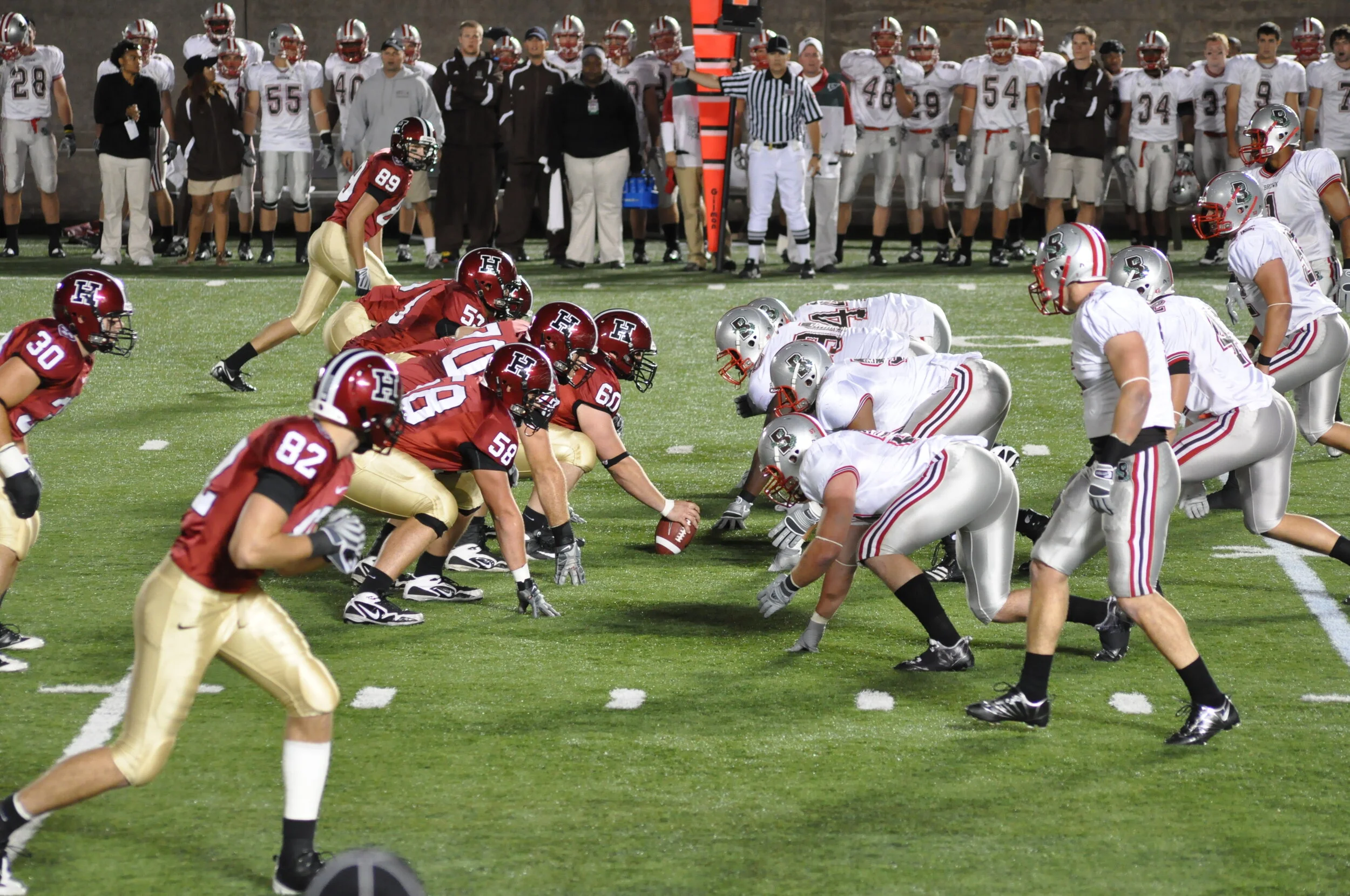Uber’s Attempt to Buy Grubhub
On May 12th, news broke that Uber was in talks to buy Grubhub in an all stock takeover that would combine two of the biggest companies in the meal-delivery industry. By June 10th, talks between the two companies had ended as news broke after the bell that Grubhub would be merging Just Eat Takeaway.
According to the Wall Street Journal, Grubhub was asking for Uber to pay 2.15 of its shares for each one of its own shares, which Uber rebuffed as too high. After the news of talks between the companies broke, Grubhub’s stock price rose over 29%, and Uber’s stock price rose 2.9%. While talks continued, no agreement was reached between the two companies.
Statista projections show that in 2020, Uber controls 27% food delivery market share in the U.S., while Grubhub has 28% market share. Of all the companies operating in the U.S. food delivery industry, they are clearly the two biggest followed by DoorDash coming in at third with a market share of just 12%. The fact that Uber and Grubhub are the two biggest players in this industry may have caused some complications that ultimately prevented the deal from being completed.
Antitrust laws and regulations are in place to ensure that competition exists in the marketplace, which in turn ensures that customers are getting a fair price for the product or service they desire. A merger between the two largest companies in an industry may be seen as an attempt to monopolize the industry, which hurts consumers. The larger the size of the firm, the lower the per unit cost of production, which drives up profit margins and makes it hard for competitors to compete (Sullivan). This is known as economies of scale. The larger the size of the firm, the more control it has over the price of similar products across the sector as well. Under monopolies, prices tend to increase while output simultaneously decreases, resulting in deadweight loss for society.
In the case of Uber and Grubhub, a merger would have given them over 50% of the market share, which is far more than their next competitor. The merger likely would’ve resulted in more challenges faced by companies, like DoorDash, who would struggle to compete with Uber’s prices and restaurant partners. The merger would have come at the worst time for DoorDash, as they are in talks for an IPO soon and a merger between Uber and Grubhub would have hurt their value.
In the end, it likely was not the anti-trust issues that prevented the two companies from merging. Instead, according to CNBC, Uber was frustrated with Grubhub’s stall tactics and leaks about regulatory concerns. Uber was also surprised when news surfaced of the merger between Grubhub and Just Eat Takeaway since they valued Grubhub higher.
Political problems also came up while Uber and Grubhub were in talks with each other. Several Democratic lawmakers, such as Senator Amy Klobuchar and Senator Cory Booker, voiced concerns about a merger of the two companies and urged for an investigation to take place if a deal was reached. According to CNBC, Senator Klobuchar said, “I have repeatedly raised concerns and advocated against a potential merger between Uber and GrubHub. During this pandemic, when millions are out of work and many small businesses are struggling to stay afloat, our country does not need another merger that could squelch competition. News that the Uber/Grubhub deal may not materialize would be good for both consumers and restaurants.”
While Senator Klobuchar does have a point about protecting small businesses, there are not many small businesses that can compete in the highly competitive meal delivery industry given the high costs of entry. The meal service industry is essentially controlled by four companies, but there still are smaller, more local ones that have much smaller market shares. Uber, Grubhub, DoorDash, and Postmates, however, are the companies that control the industry and make decisions that affect the smaller companies.
The deal Grubhub struck with Just Eat Takeaway likely will not face the same regulatory scrutiny that the Uber and Grubhub deal would have had as Just Eat Takeaway does not have a large presence in the United States, but is instead focused in the European market.
Despite striking out with Grubhub, I believe that Uber will still be looking for a company to merge with to expand its positioning in the meal delivery industry. Since the COVID-19 pandemic began in March, Uber’s ride sharing service use has been down as people have been quarantining and social distancing. The loss of revenue from this part of Uber has been somewhat neutralized by the increase in revenue from Uber Eats, their meal delivery service. With this in mind, it’s no surprise why Uber is trying to grow UberEats by merging with another company in the industry. Ridesharing may take years to get back to the point where it was pre-pandemic, so it would make sense for Uber to try to maximize its revenue from UberEats through smart investments.
With competitors like DoorDash growing rapidly and offering lower delivery fees than UberEats, now is the time for Uber to improve its UberEats service, and ensure that it can continue to earn revenue in the post-pandemic world.
Works Cited:
Forbes. "Market Share of Food Delivery Companies in The United States from 2018 to 2022." Statista, Statista Inc., 6 Feb 2019, https://www-statista-com.proxyiub.uits.iu.edu/statistics/1080860/market-share-us-food-delivery-companies/
Lombardo, Cara. “Uber Technologies Makes Takeover Approach to Grubhub.” The Wall Street Journal, Dow Jones & Company, 12 May 2020, www.wsj.com/articles/uber-technologies-makes-takeover-approach-to-grubhub-11589296216.
Sherman, Alex. “Uber Exasperated with Grubhub Sale Process as Deal Slips Away, Sources Say.” CNBC, CNBC, 11 June 2020, www.cnbc.com/2020/06/10/uber-exasperated-with-grubhub-sale-process-as-deal-slips-away.html.
Sullivan, Thomas, and Jeffrey L Harrison. “Understanding Antitrust and Its Economic Implications.” Google Books, Google, books.google.com/books?id=H0nbtMyzQoAC&lpg=PA1&ots=Q_jtYUB_VK&dq=antitrust%2Bimplications&lr&pg=PA10-IA8#v=onepage&q&f=false.






